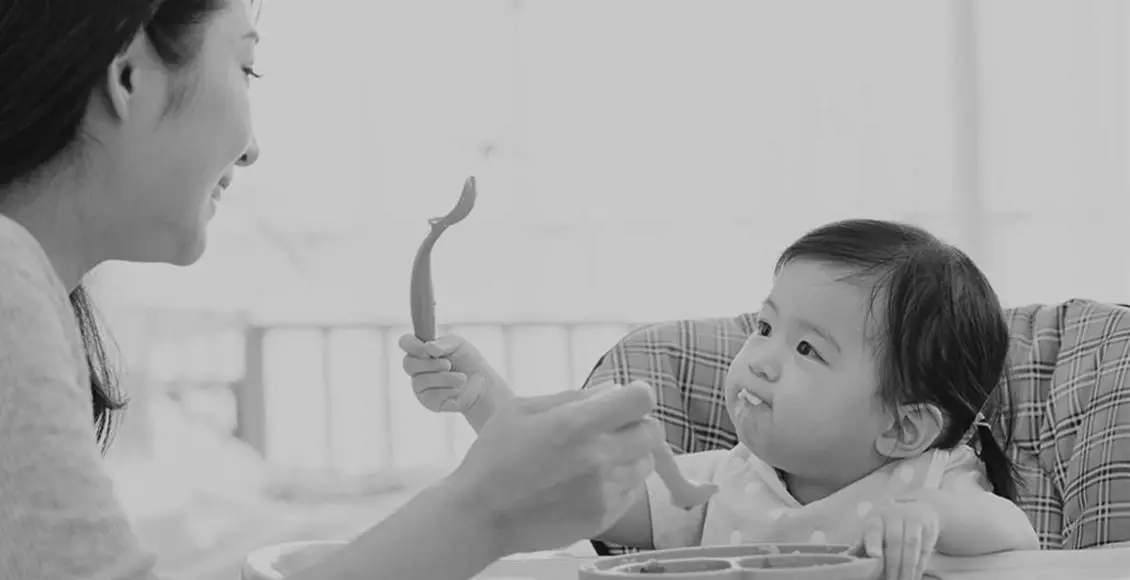Is it possible to predict whether your child will become a narcissistic adult?
Psychology says yes.
Although people often blame the parents for their children’s unacceptable attitude, there are other essential factors that may determine whether a child would develop a personality disorder such as narcissism.
According to the prominent American psychiatrist James F. Masterson, who worked on studying and treating personality disorders, including borderline personality disorder(BPD) and narcissistic personality disorder(NPD), these factors are nature, nurture, and fate.
Masterson believed that what people consider as ‘bad parenting’ is not the only reason why some children become narcissists as they grow up.
Psychology Today looked into the three different aspects that can influence a child’s proneness to develop narcissistic personality traits.
1. Nature
The first factor refers to the inborn character. It describes the temperament we are born with. Naturally, some individuals are more empathetic, generous, and kind than others. They are high on compassion and have the emotional empathy to understand the feelings of those around them.
The psychiatrist argued that if a person is highly empathetic, they are unlikely to become narcissistic. Having in mind that narcissists generally hurt people with their words and actions, a compassionate soul does not fit into that picture.
2. Nurture
Nurture has a lot to do with the way parents raise their children. However, moms and dads are not the only figures in the equation. The influence of other caregivers, such as teachers, mentors, and older siblings is also crucial when it comes to raising a kid.
For instance, if your family, not just your parents, has narcissistic values, you are likely to develop narcissistic personality traits. If the teacher you considered a role model was a narcissist, you probably adopted some of their self-centeredness.
Growing up in an environment where the ones around you glorify status, success, and reputation more than mental wellbeing, for example, can definitely scar you for life.
Being raised amongst suchlike narcissistic values often deprives you of understanding the essence of empathy and compassion. Instead, it makes you believe that there is no such thing as unconditional love, that those above you, including your parents, will value you only if you please them, and that no matter how hard you try, you will never be enough.
On the other hand, you may develop a schizoid personality disorder, instead of NPD.
Schizoid personality disorder is a disorder characterized by a lack of interest in social relationships. This could be triggered by growing up with people who treat you with neglect, intrusion, or indifference. The more negative emotions these people provoke in you, the less you want to socialize with others, fearing that everyone else will treat you exactly the same. Eventually, you find yourself dealing with massive trust issues, which affects all of your relationships.
Another disorder you may develop while growing up in such a toxic environment is closet narcissistic disorder.
This personality complication may develop when you are being either punished for seeking the spotlight or if you are not the confrontative type in general.
Other character complexities you can develop as a child, which are related to narcissism, can include becoming dependent, acquiring a narcissistic inner voice, and even forming a borderline personality disorder.
3. Fate
The third aspect represents the unintended events that impact children at a very young age. According to psychoanalyst Margaret Mahler, who dedicates her work to studying infant development, the first three years of a child’s life are extremely important. In the book “The Psychological Birth of the Human Infant,” Mahler gives clarity on infant psychology and presents her theory of the influence parents have on their babies throughout the very first years of their life.
The expert insists that this is the time when a kid learns how to separate and individuate from their mother. In other words, if the mother is missing from the picture more often than usual, this will leave a severely negative mark on the child. The damage can be minimized if someone else steps in as a substitute for the mother figure, but even then, growing up without a mother’s support leaves scars that may never be healed.
Overall, people often rush to blame bad parenting or genes when they comment on a child’s narcissistic traits. However, many fail to consider factors like inborn character and unintended events. Besides, children can also be influenced by other figures including teachers, mentors, older siblings, and others who have an active role in their lives.
So, yes, there are circumstances that can suggest whether a child might develop certain narcissistic traits.
And no, parents are not the only ones to blame when a kid grows into a narcissistic adult.


